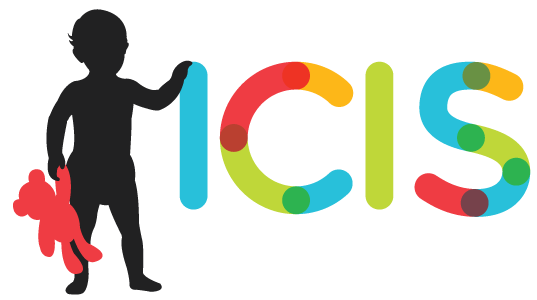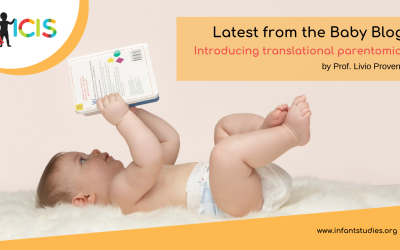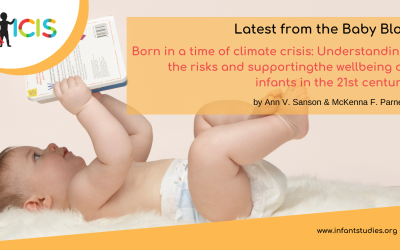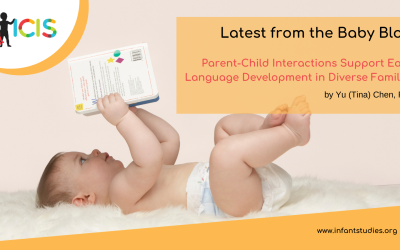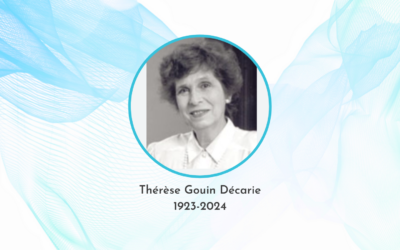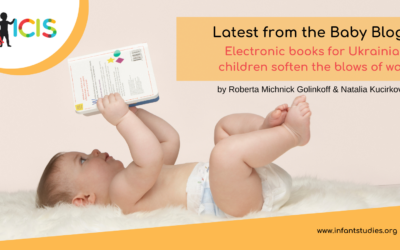Understanding and nurturing parenting as the place where development happens Vision: […] But before I go, I feel I must know. What am I? Wanda Maximoff: […] You are a body of wires and blood and bone […] You are my sadness and my hope. And mostly you're my love....
Research Highlights
Born in a time of climate crisis: Understanding the risks and supporting the wellbeing of infants in the 21st century
Raising children during a time of climate crisis can pose many challenges for parents as well as professionals who work with them. Surveys show that most people are now aware of, and alarmed by, the impacts of climate change on the physical environment (Edelman,...
Parent-Child Interactions Support Early Language Development in Diverse Families
The formative years of a child’s life, from birth to age five, are pivotal for language development. During this crucial period, children rapidly acquire sounds, words, and communication skills essential for school readiness and future success. Central to this process...
In Memoriam: Thérèse Gouin Décarie
I wish to share the sad news that Professor Thérèse Gouin Décarie (1923-2024) has passed away on April 2nd. Professor Décarie was internationally known for her research on infant development and has been a leader in the establishment of the field of developmental...
Electronic books for Ukrainian children soften the blows of war
by Roberta Michnick Golinkoff, University of Delaware (USA) & Natalia Kucirkova, University of Stavanger (Norway) In 1971, Michael S. Hart digitized the U.S. Declaration of Independence, making it the first e-book in the world. When e-books for children began to...
Making fathers more visible in parenting research
by Natasha J. Cabrera, Ph.D. & Pinar Karan, MA. In 2018, my colleagues and I wrote an article emphasizing the non-contested fact that fathers are parents too, and that research on parents should intentionally include them (Cabrera, Volling, & Barr, 2018). We...
